Is Your Cat Drooling? Possible Causes And When To Call The Vet

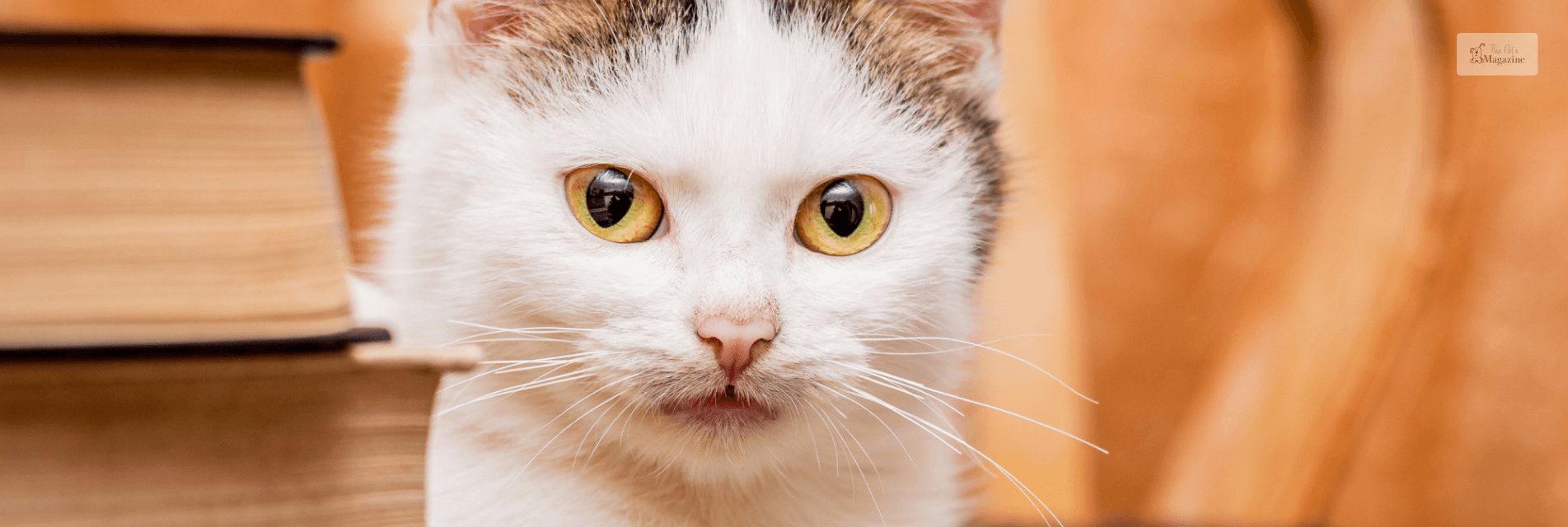
Imagine cuddling with your cat when suddenly you notice small droplets of saliva around their chin and mouth. You have hardly ever noticed your cat drooling, so you start wondering if this behavior is normal or not.
While it’s true that cats aren’t as big droolers as dogs, they do drool occasionally. What’s more, cats dont turn into a big slobbery mess like dogs while drooling. So, if you notice that your cat has suddenly started drooling a lot, also known as hypersalivation, then it is a sign that something is not right.
In this article, we will talk about when cat drooling is normal. We will also explain some of the potential causes of excessive drooling in cats in detail. Keep reading!
Is Cat Drooling A Normal Behavior?
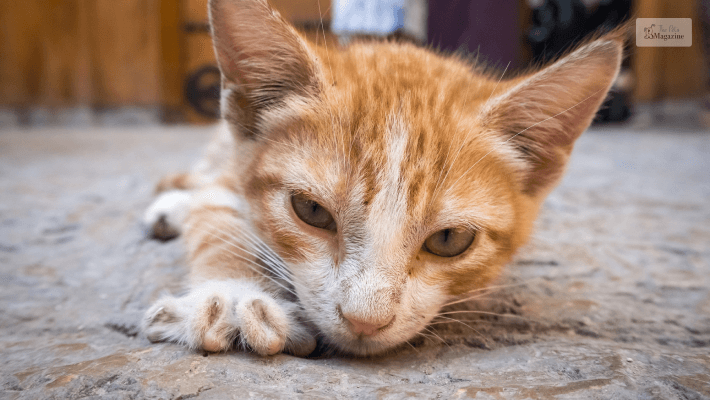
Before we move on to discuss the reasons that can cause a cat to suddenly start drooling a lot, let’s first see if cat drooling is a normal behavior or not. The short answer is yes, cat drooling is normal.
Cats generally drool a little when they are feeling calm, happy, and relaxed, such as when cuddling with their favorite human (a.k.a you). If the drooling is accompanied by kneading and soft purring, then you have nothing to worry about. It is a sign that your cat is feeling content.
This behavior can be traced back to their early kittenhood when they were still drinking their mother’s milk. While nursing, kittens knead their mother’s stomach with their paws to encourage the flow of breast milk. This results in a satisfying and nourishing meal for the kitten.
Hence, experts believe that cats, even after reaching adulthood, associate the behavior with the rewarding feeling of feeding on their mother’s milk. This is also one of the reasons why some adult cats salivate while kneading.
It is an involuntary reaction – they are waiting for the milk that used to come after the kneading movement back when they were kittens.
So, if your cat is drooling and kneading on your lap, it means that they are feeling very happy and content, just like the way they used to feel when they were with their mother.
However, kittens will generally start exhibiting these behaviors from a young age. So, if you suddenly see your older cat drooling a lot, it is a worrying sign. You should take your cat to the vet as soon as possible. Also check out the possible causes of cat drooling a lot.
Is Your Cat Drooling A Lot: Possible Causes
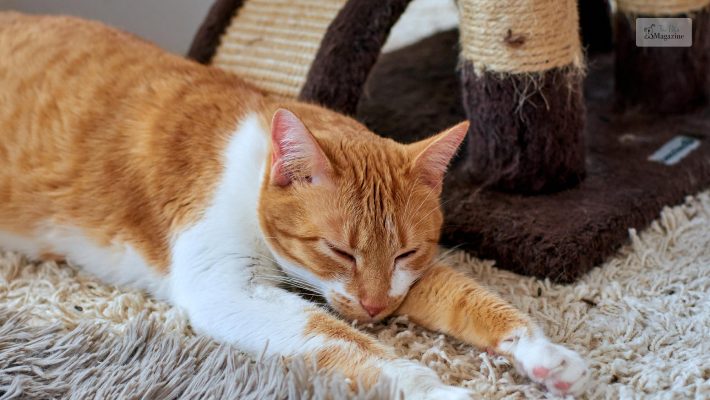
Occasional drooling is normal for cats, especially when they’re feeling relaxed, grooming themselves, or waiting for a tasty treat. However, excessive drooling, also known as hypersalivation, can be a sign of an underlying health issue. So, along with learning how to know if your cat is sick, you should also check out the possible reasons why your cat might be drooling a lot:
Oral Health Issues
Oral and dental diseases are one of the standard causes of abnormal cat drooling. Some of the well-known oral health issues that cats suffer from include cat cavities, gingivitis, periodontitis, stomatitis, and Feline Oral Receptive Lesions (FORLs). These dental issues cause extreme pain and discomfort, preventing your cat from swallowing or properly closing its mouth. This results in excessive drooling in cats.
Aside from excessive drooling, some of the other symptoms of oral health disease in cats are bad breath, reduced appetite, dropping food while eating, fractured teeth, and pawing at their face, mouth, or head. If you notice some of these symptoms, along with a lot of cat drooling, you should schedule a vet visit.
Stress or Anxiety
Extreme fear, stress, or anxiety can also trigger excessive drooling in cats. When cats experience extreme stress or anxiety, their body starts producing stress-release hormones, which causes them to salivate a lot.
Your cat can feel stress or anxiety due to a variety of reasons – a trip to the vet, a change in their external environment such as moving to a new home, Fireworks during the holidays, the presence of a new family member, or a new animal, a change in the owner’s daily routine, etc.
Some other signs of stress or anxiety include shaking or trembling, fast breathing, open-mouth panting, crouching in a defensive position, hair standing up, and excessive grooming. If your cat is exhibiting one or more symptoms of anxiety, then remove them from the situation at once.
Provide them with a comfortable and quiet space where they can feel safe and secure. Also, avoid cuddling or petting them when they are stressed. Give them their space and let them come to you when they are ready.
Exposure to Toxin
Exposure to toxins can also cause your cat to suddenly start drooling a lot. This is because many toxins irritate the mouth and throat, triggering the salivary glands to produce more saliva in an attempt to flush out the irritant and protect the tissues.
Lots of common everyday items found in our houses are poisonous to cats. This includes the following:
- Food items such as chocolate, caffeine, xylitol, chives, onions, garlic, and raisins
- Human medication such as painkillers, antidepressants, cold medicines, and certain vitamins and supplements
- Common houseplants are lilies, daffodils, Aloe Vera, azaleas, hyacinths, money plants, and tulips. You should also check out holiday plants toxic to pets.
- Pesticides, insecticides, and common household cleaners such as bleach, laundry detergents, drain and toilet cleaners.
Cats can be exposed to poisons in several different ways – while grooming themselves, ingesting poisonous prey or toxic substances, inhaling poison, or directly absorbing toxins through their skin.
Depending on the type of poison and how your cat was exposed to the same, the symptoms of poisoning can vary greatly. However, drooling is one of the most common signs of poisoning.
If you suspect that your cat was exposed to toxins, then some of the signs that you should keep an eye out for include lethargy, loss of appetite, breathing difficulties, unsteady movements, diarrhea, and/or vomiting.
You should call your vet or take your cat to the vet’s office immediately if you notice some of these symptoms, along with excessive drooling.
Wrapping Up!
While a little drool is nothing to worry about, it’s important to be observant of your cat’s overall behavior and seek veterinary advice if you notice any changes in their drooling patterns or accompanying symptoms. By understanding the potential causes of drooling and taking proactive steps to care for your cat’s oral health, you can help keep your furry friend happy and healthy.





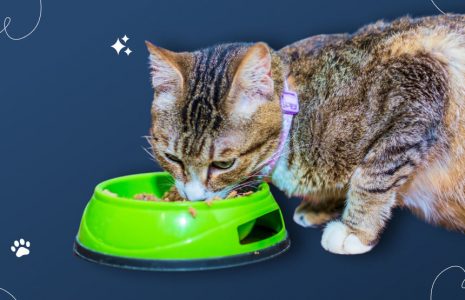
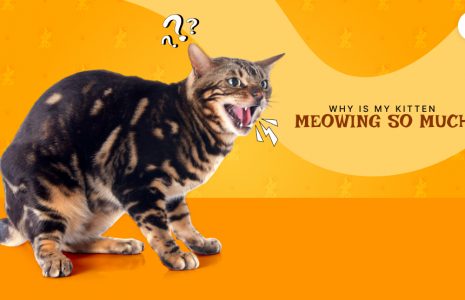
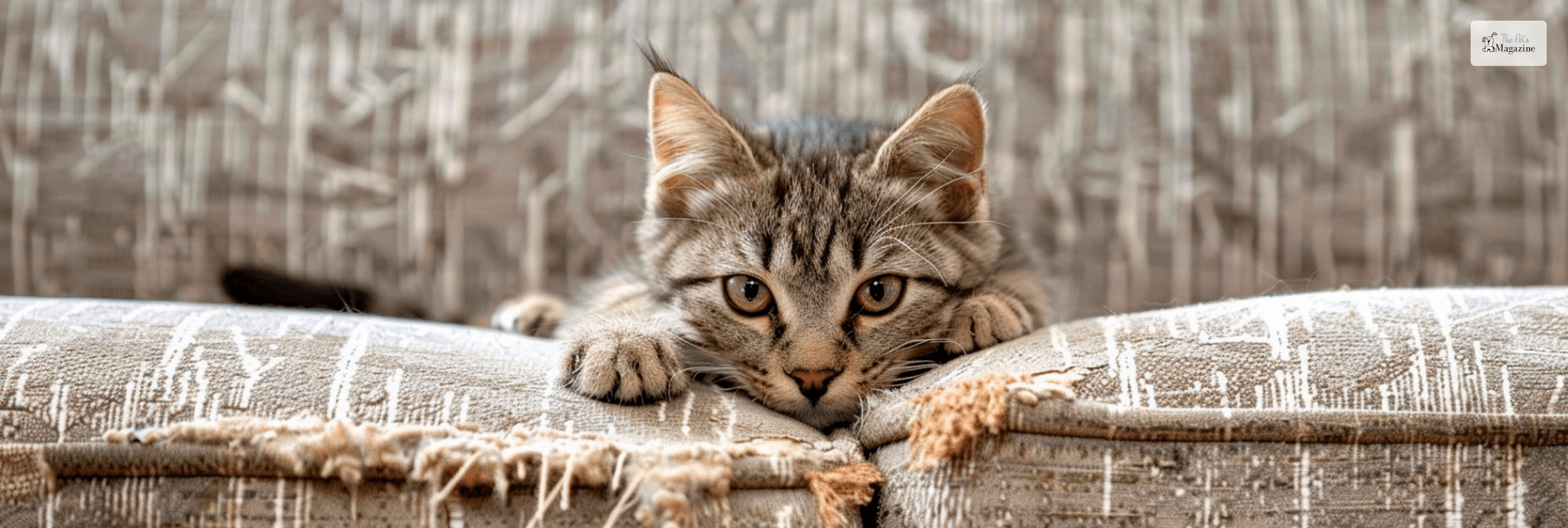
Leave A Comment